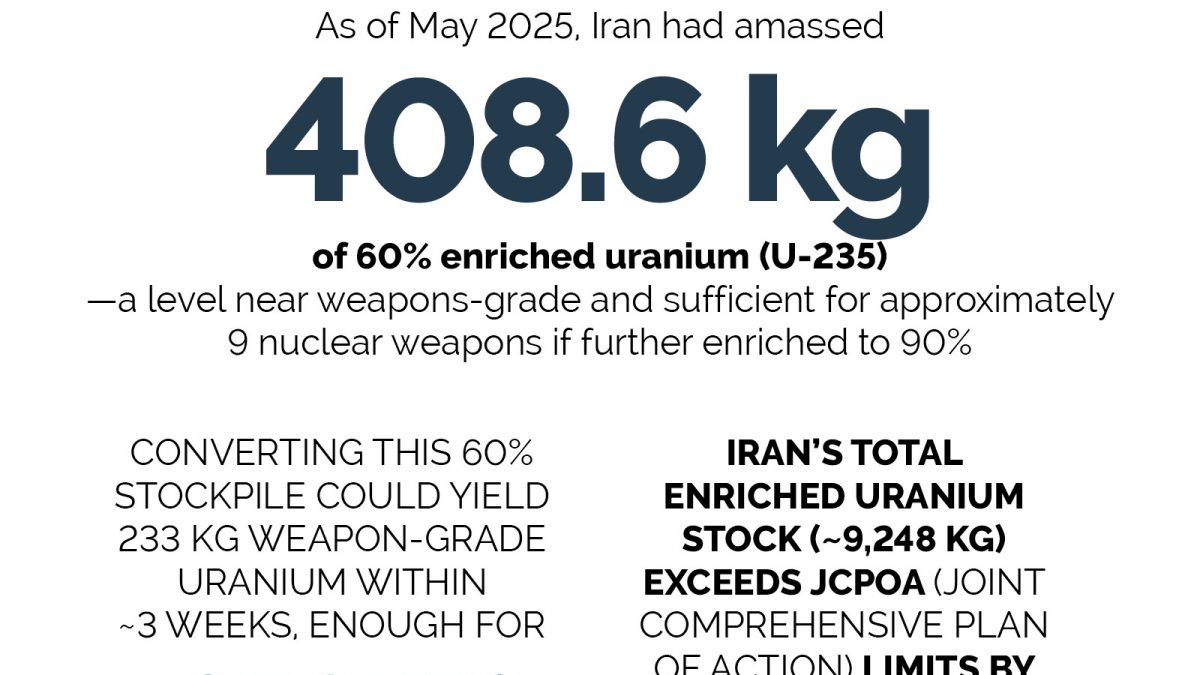Iran has signalled that upcoming discussions with the International Atomic Energy Agency (IAEA) will be “technical” and “complicated,” as the UN nuclear watchdog makes its first visit since Tehran suspended cooperation last month. The foreign ministry confirmed the trip follows the June conflict triggered by Israeli strikes, which led to a complete break in ties.
Ministry spokesperson Esmaeil Baghaei said a meeting with Foreign Minister Abbas Araghchi may be arranged during the visit, though the outcome remains uncertain, Al Jazeera reports.
First visit since July suspension
The IAEA visit is the first since President Masoud Pezeshkian halted collaboration on July 3, after a 12-day war with Israel that also saw US strikes on Iranian nuclear facilities in support of Israel.
Deputy Foreign Minister Kazem Gharibabadi said IAEA Deputy Director General Massimo Aparo has concluded meetings in Tehran with officials from the foreign ministry and the agency’s local office. Discussions focused on how the two sides will interact going forward, but no details were disclosed. The IAEA has yet to comment and the trip will not include access to nuclear sites.
Relations have been strained since the IAEA’s board declared on June 12 that Iran breached its non-proliferation obligations — a day before the Israeli strikes. Baghaei accused the agency of failing to adequately condemn the attacks on Iranian facilities, which he said were under 24-hour monitoring. Araghchi has previously indicated that any future cooperation will require approval from the Supreme National Security Council, potentially further restricting inspector access.
Impact Shorts
More ShortsImplications for nuclear oversight
Analysts warn that the decision to redefine cooperation could limit monitoring of Iran’s uranium enrichment program, which is operating at levels close to weapons-grade. While Iran has occasionally allowed partial inspections during past negotiations with Western powers, the resumption of nuclear talks with Washington remains uncertain.
Both US intelligence agencies and the IAEA assess that Iran ended its organized nuclear weapons program in 2003. Although enrichment has reached 60 per cent, it remains below the 90 per cent threshold required for weapons-grade material.


)

)
)
)
)
)
)
)
)



